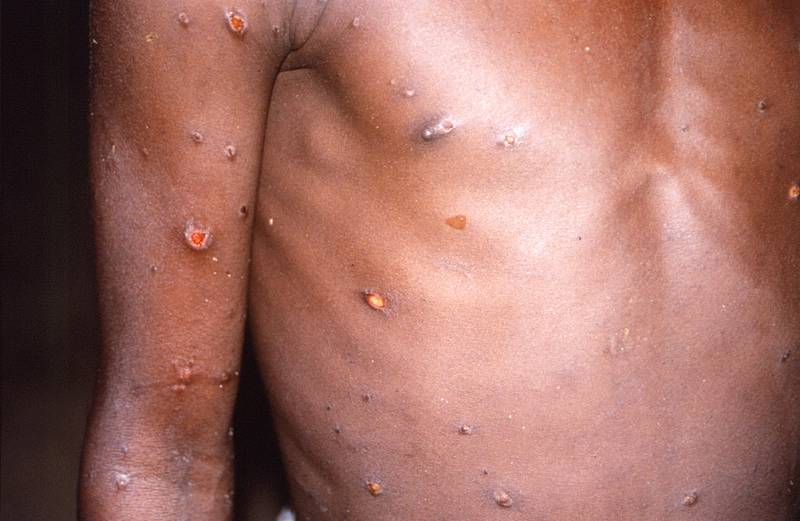Monkeypox presents 'moderate risk' to global public health, WHO says

The World Health Organisation said on Sunday that monkeypox constitutes a “moderate risk” to overall public health at a global level after cases were reported in countries where the disease is not typically found.
“The public health risk could become high if this virus exploits the opportunity to establish itself as a human pathogen and spreads to groups at higher risk of severe disease such as young children and immunosuppressed persons,” the WHO said.
As of May 26, a total of 257 confirmed cases and 120 suspected cases have been reported from 23 member states that are not endemic for the virus, the health agency said in a statement. There has been no reported fatalities. WHO also said that the sudden appearance of monkeypox at once in several non-endemic countries suggests undetected transmission for some time and recent amplifying events.
The agency said that it expected more cases to be reported as surveillance in endemic and non-endemic countries expands. Monkeypox is an infectious disease that is usually mild, and is endemic in parts of West and Central Africa. It is spread by close contact, so it can be relatively easily contained through measures such as self-isolation and hygiene.
Most of the cases reported so far have been detected in the UK, Spain and Portugal. “The vast majority of reported cases so far have no established travel links to an endemic area and have presented through primary care or sexual health services,” the UN agency said.
New UAE cases
Meanwhile, the UAE has recorded three new cases of monkeypox, the Ministry of Health and Prevention said, taking the tally of confirmed infections to four.
The Emirates confirmed its first infection, in a 29-year-old woman from a West African country, last week. The Ministry of Health and Prevention has not revealed any details about the latest patients, but it said it is taking “all necessary measures, including investigation, examination of contacts, and monitoring their health”.
It urged all citizens and residents to follow “appropriate preventive measures and careful precautions while travelling and to stay safer in large crowds and avoid risky behaviour” to protect themselves against the virus.
Symptoms
Most monkeypox patients experience fever, body aches, chills and fatigue. People with more serious illness may develop a rash and lesions on the face and hands that can spread to other parts of the body.
In general, recovery takes about two to four weeks without the need for hospital admission, but monkeypox can be fatal in up to 6 per cent of cases and is believed to be more severe in children.
Smallpox vaccines are effective against monkeypox and antiviral drugs are also being developed. The WHO estimates there are thousands of monkeypox infections in about a dozen African countries every year. Most are in Congo, which reports about 6,000 cases annually, and Nigeria, with about 3,000 cases a year.
